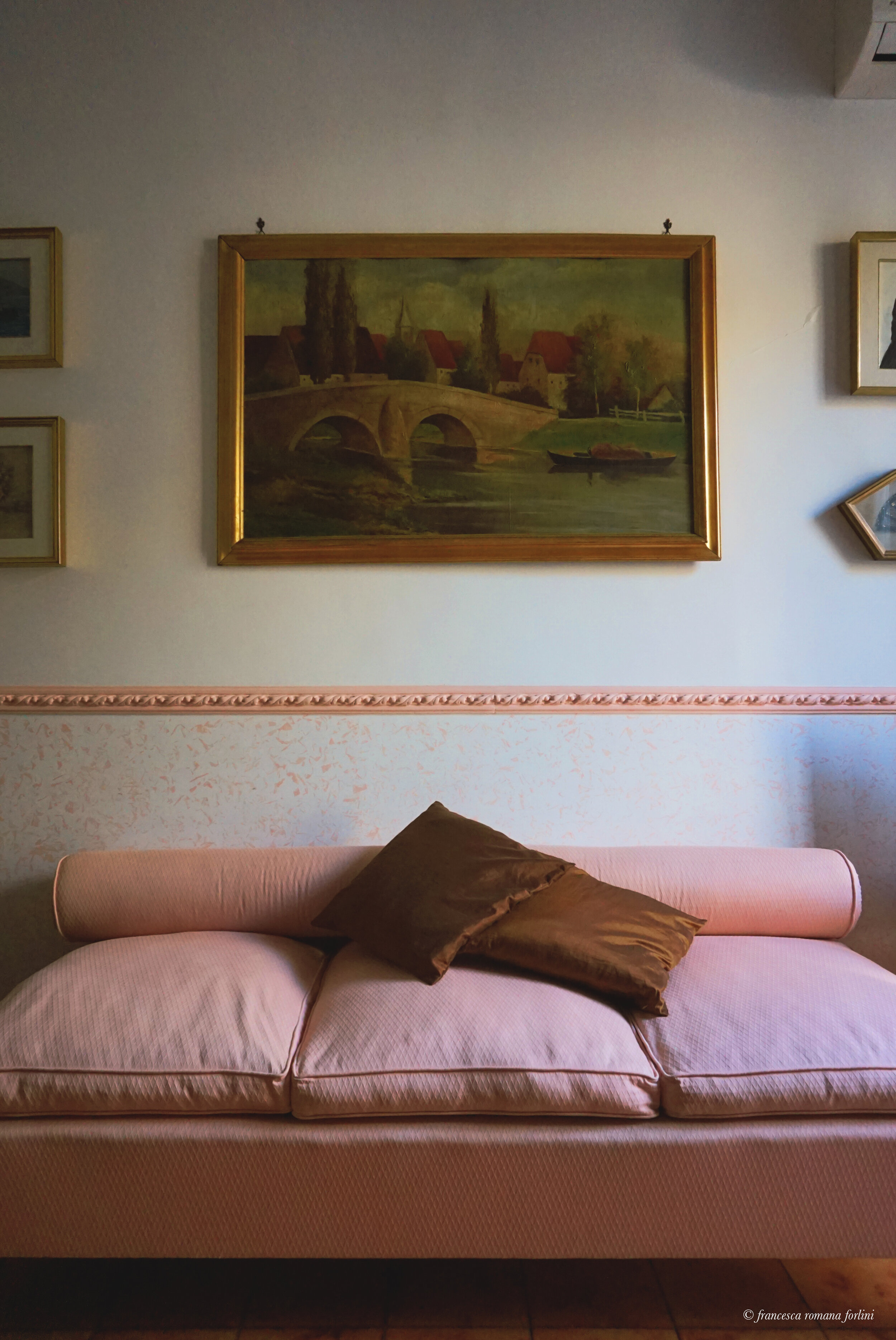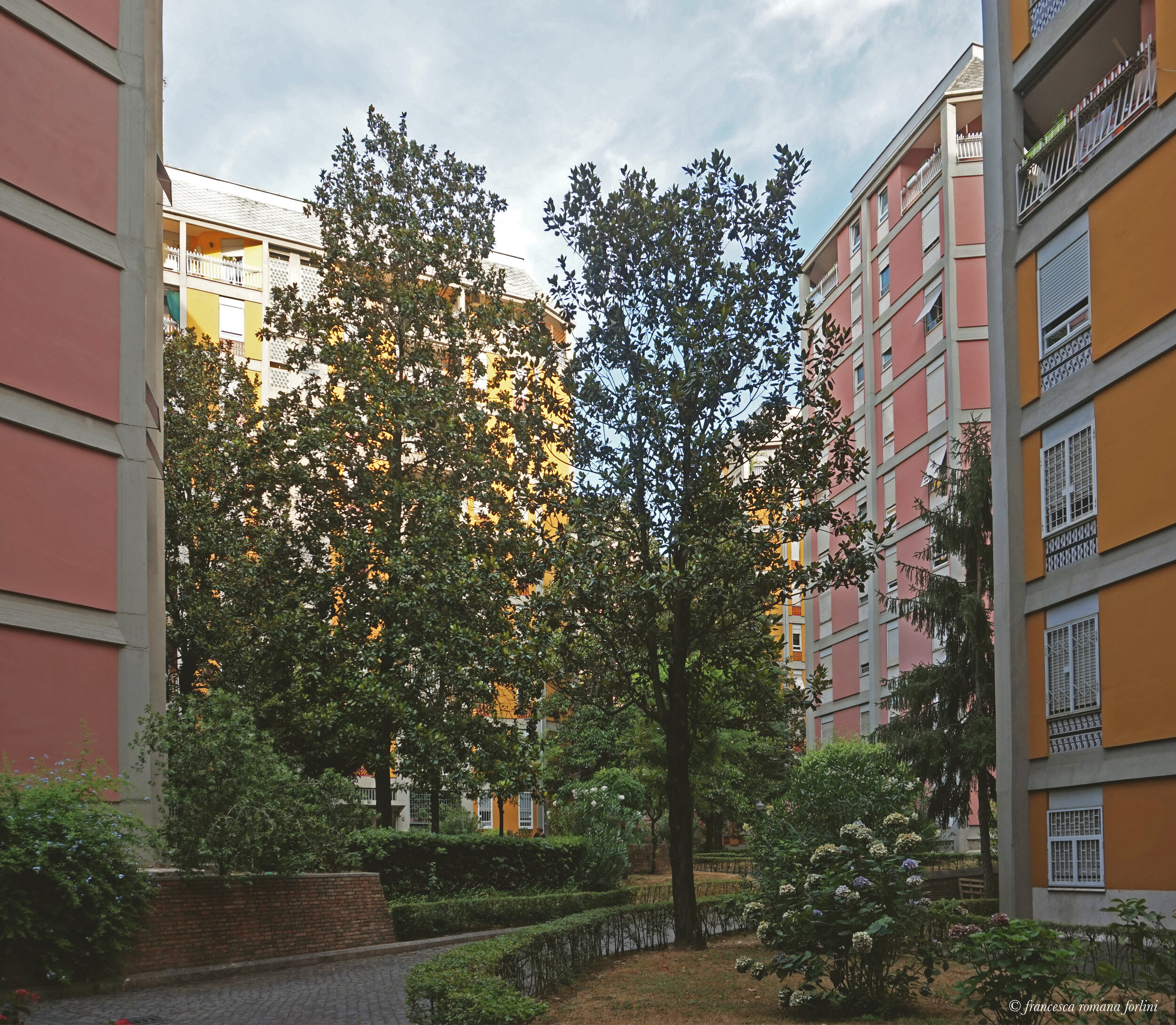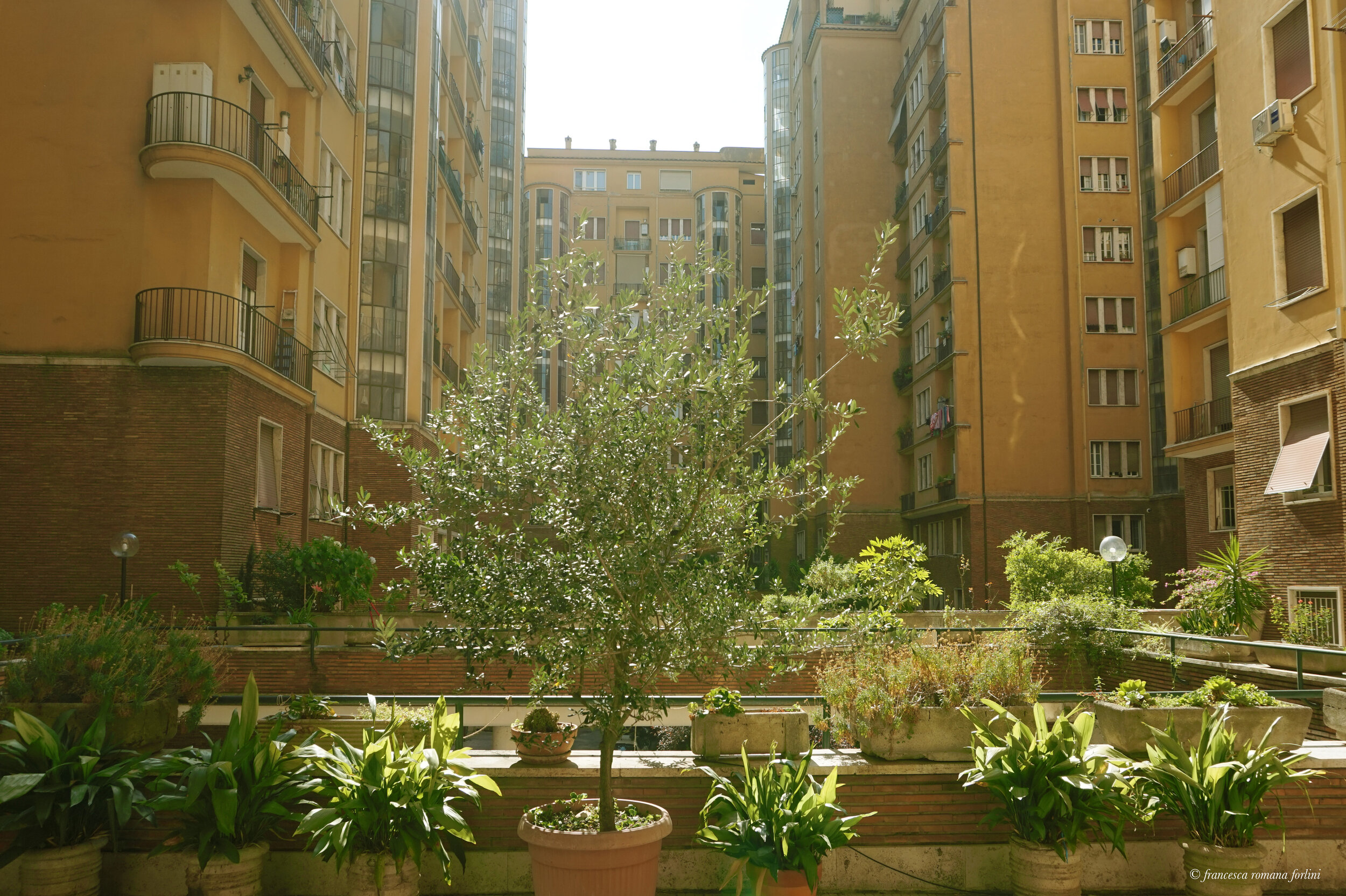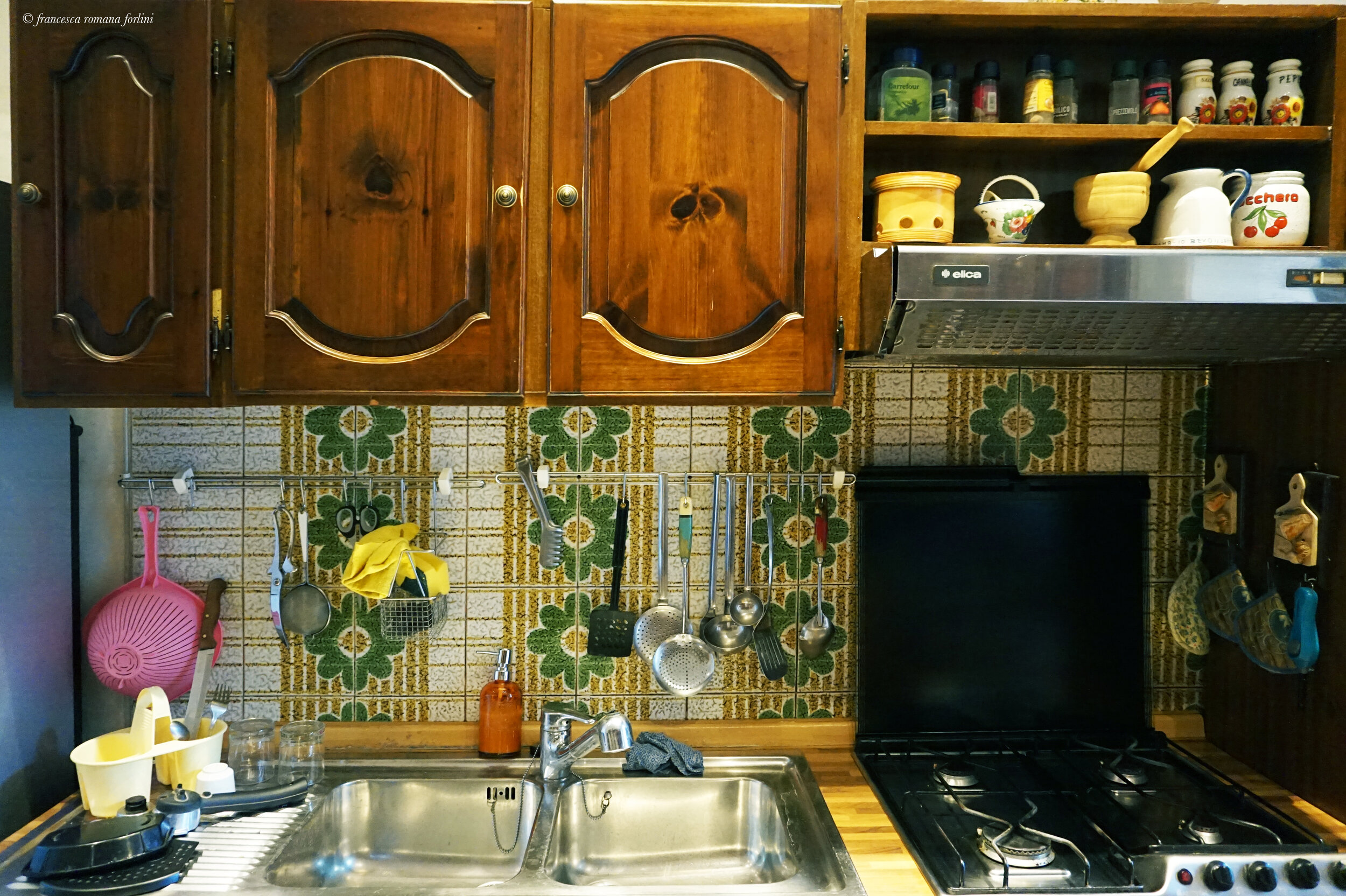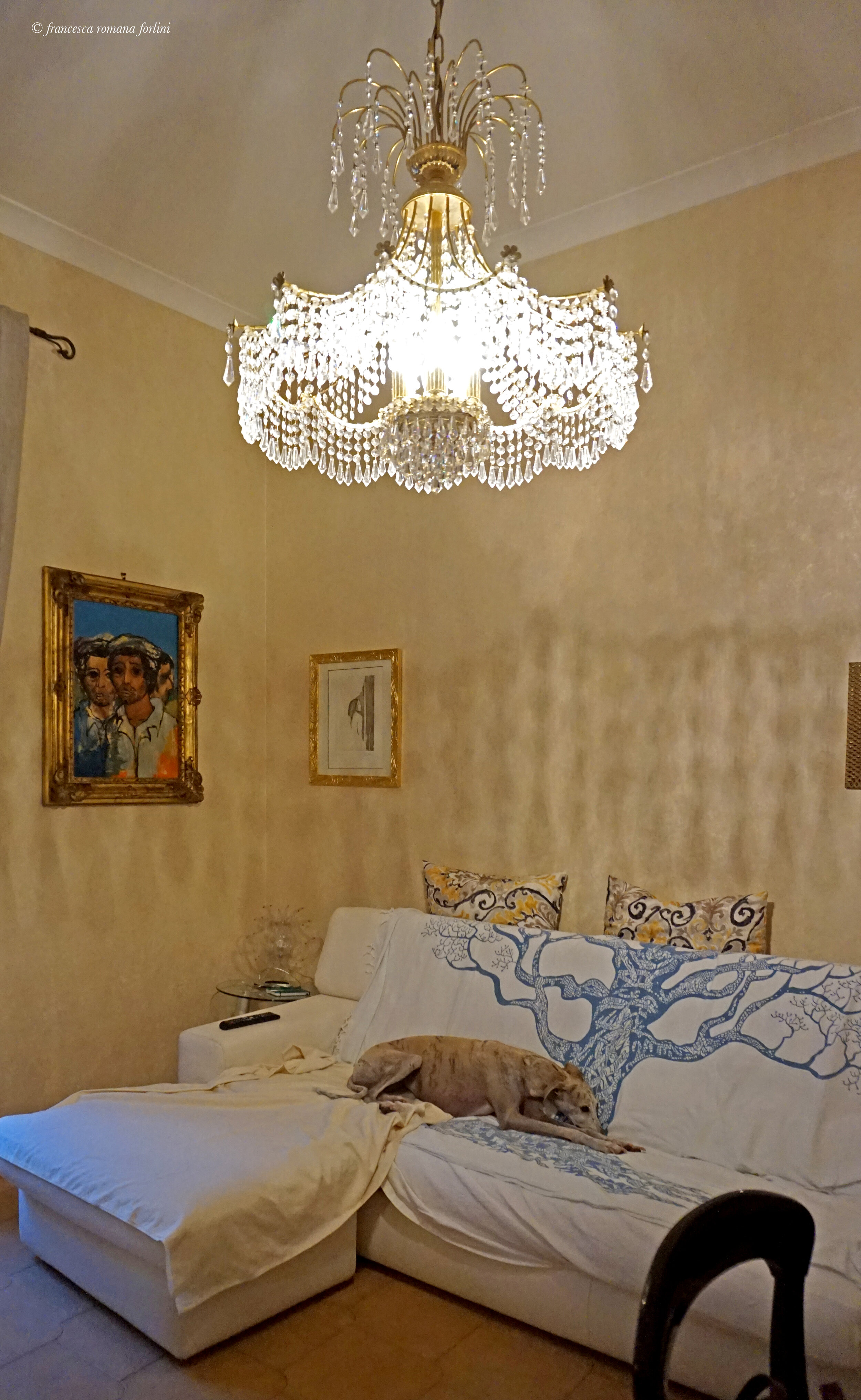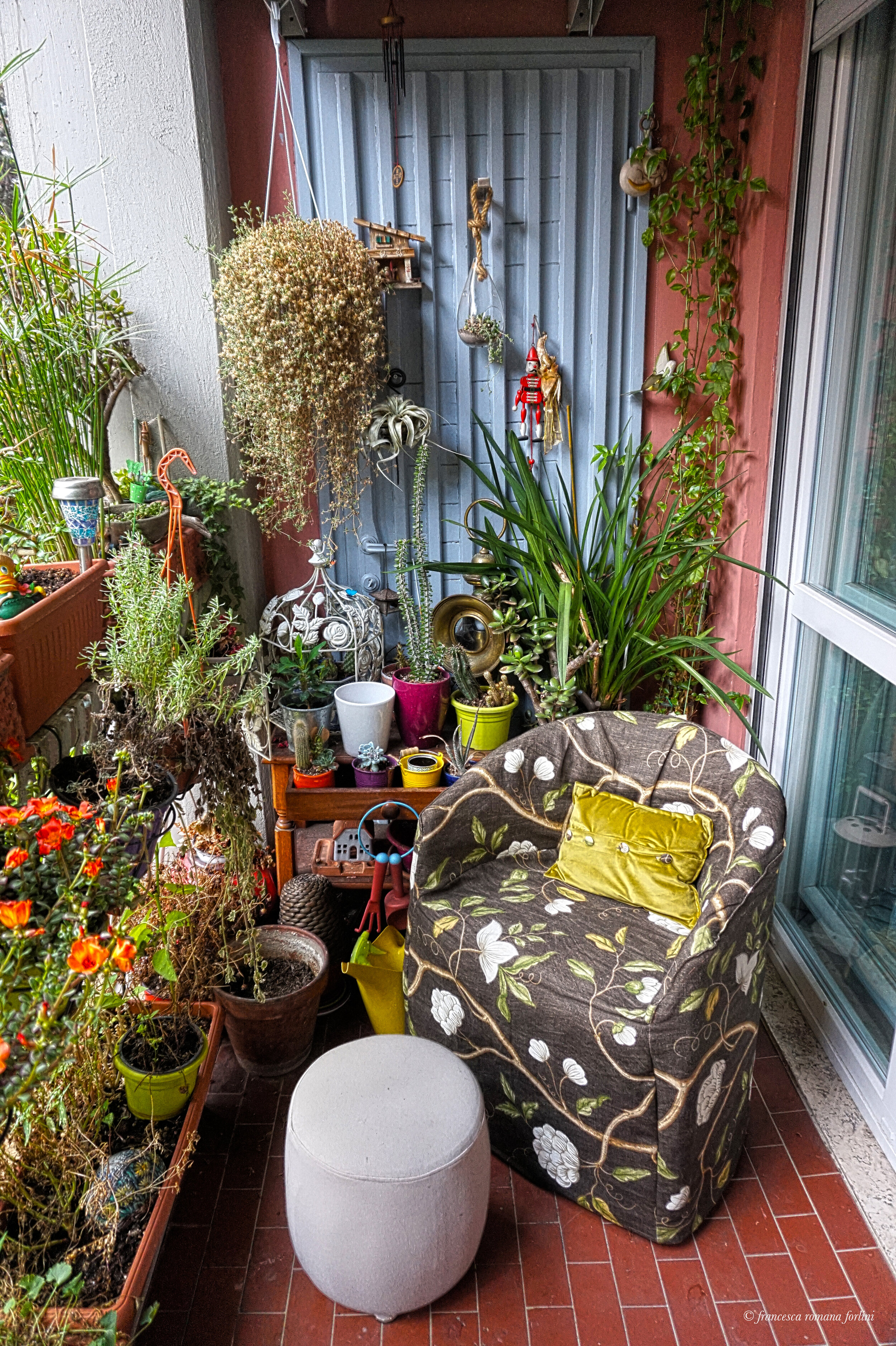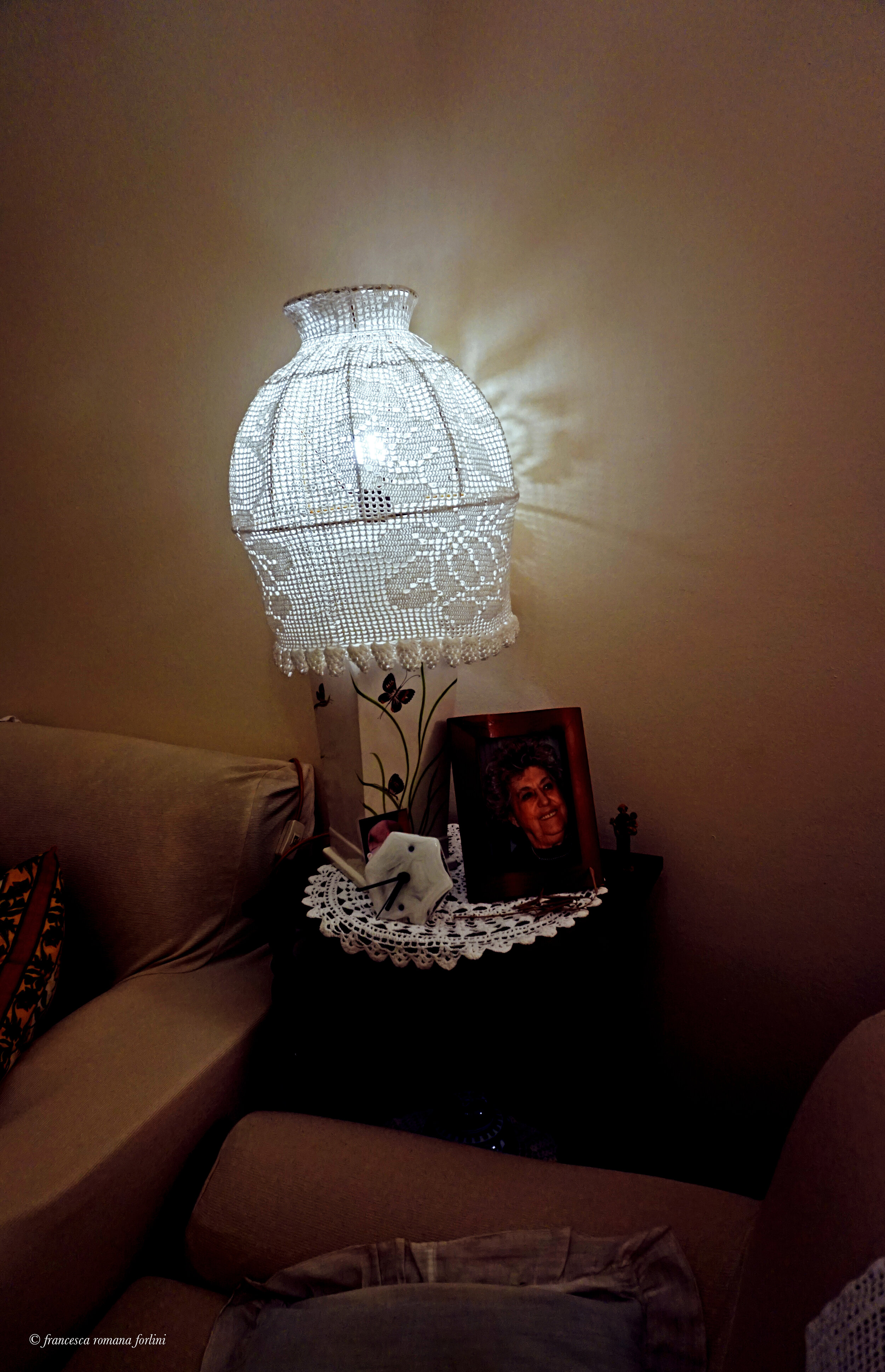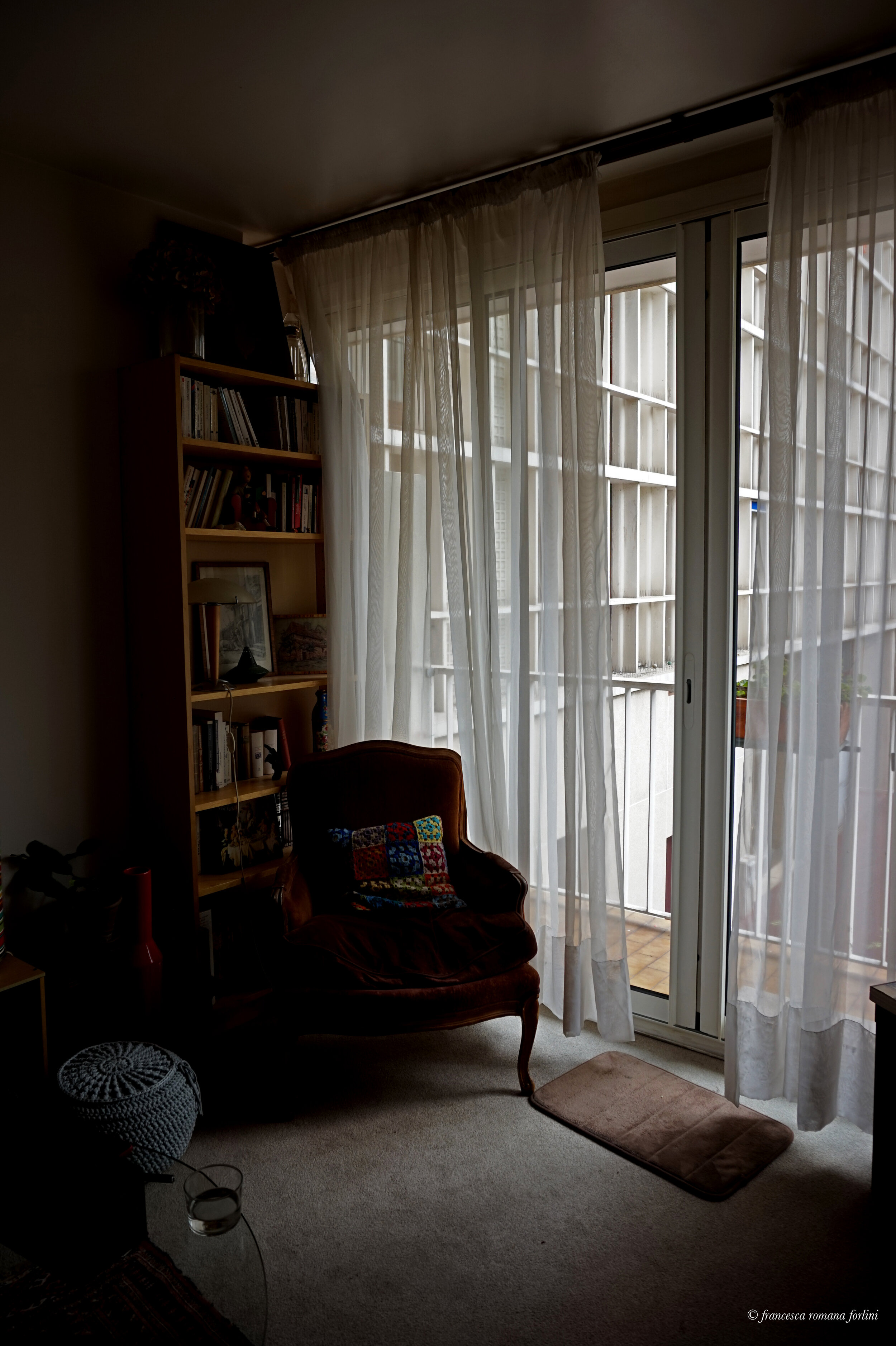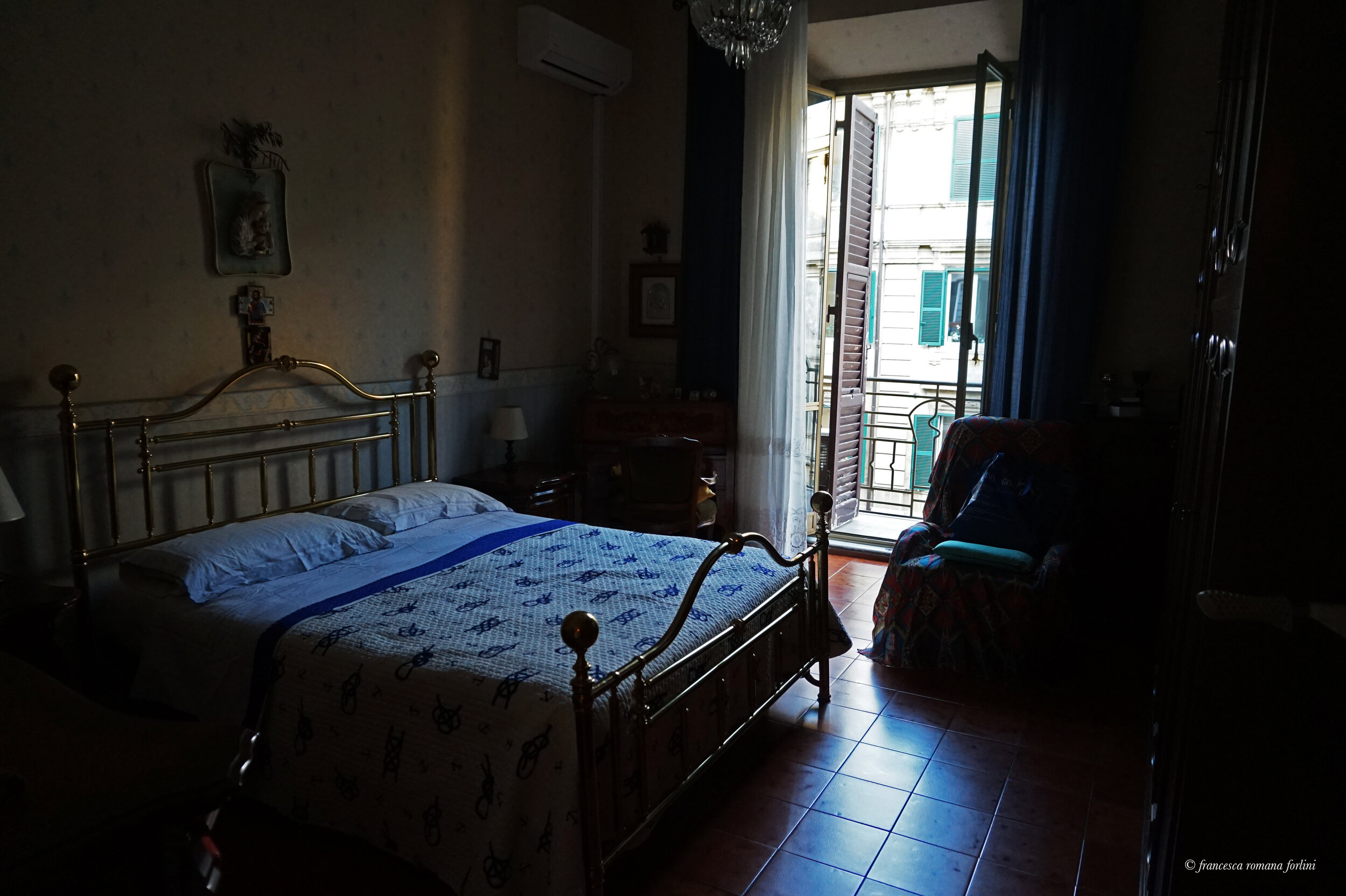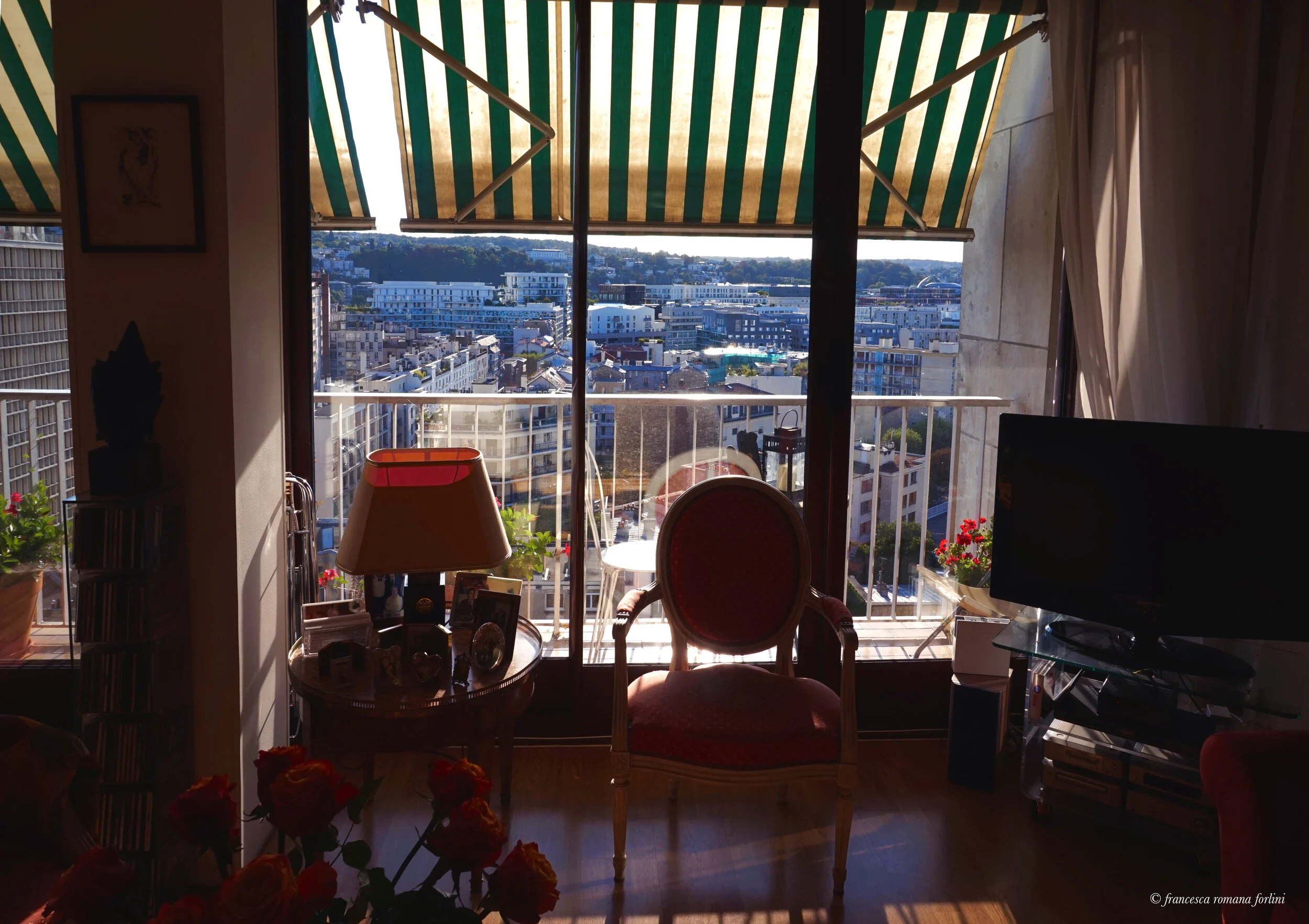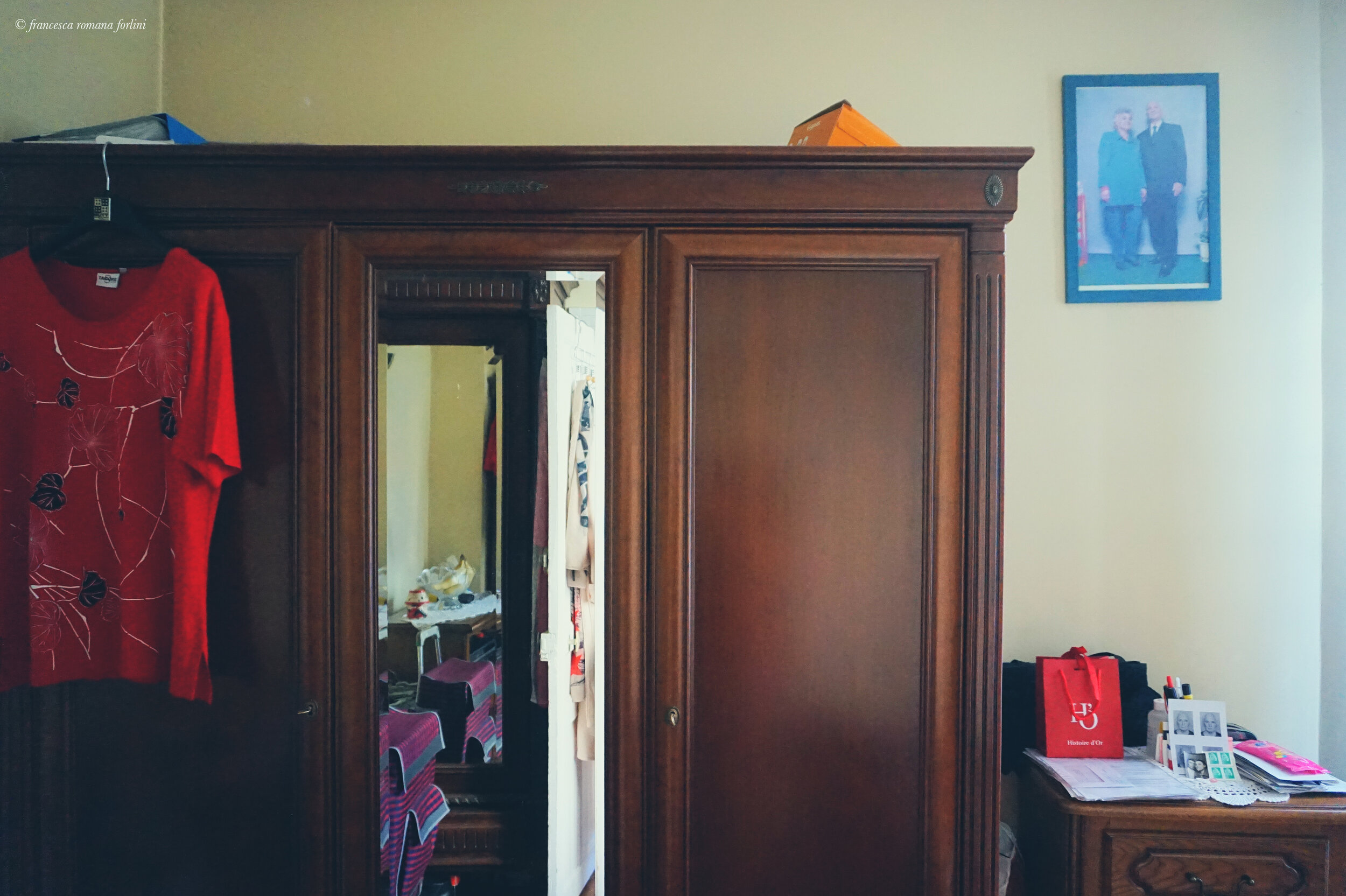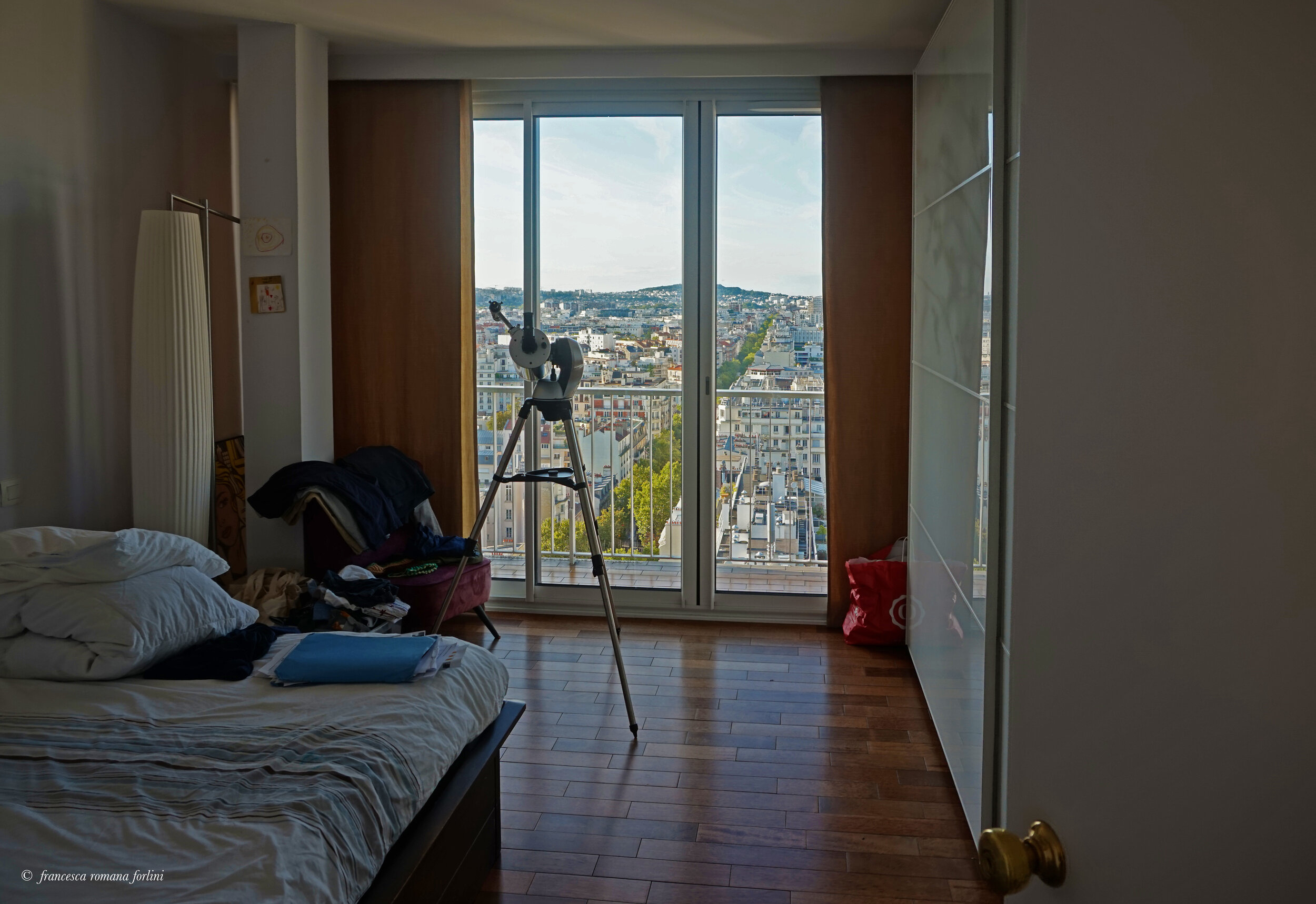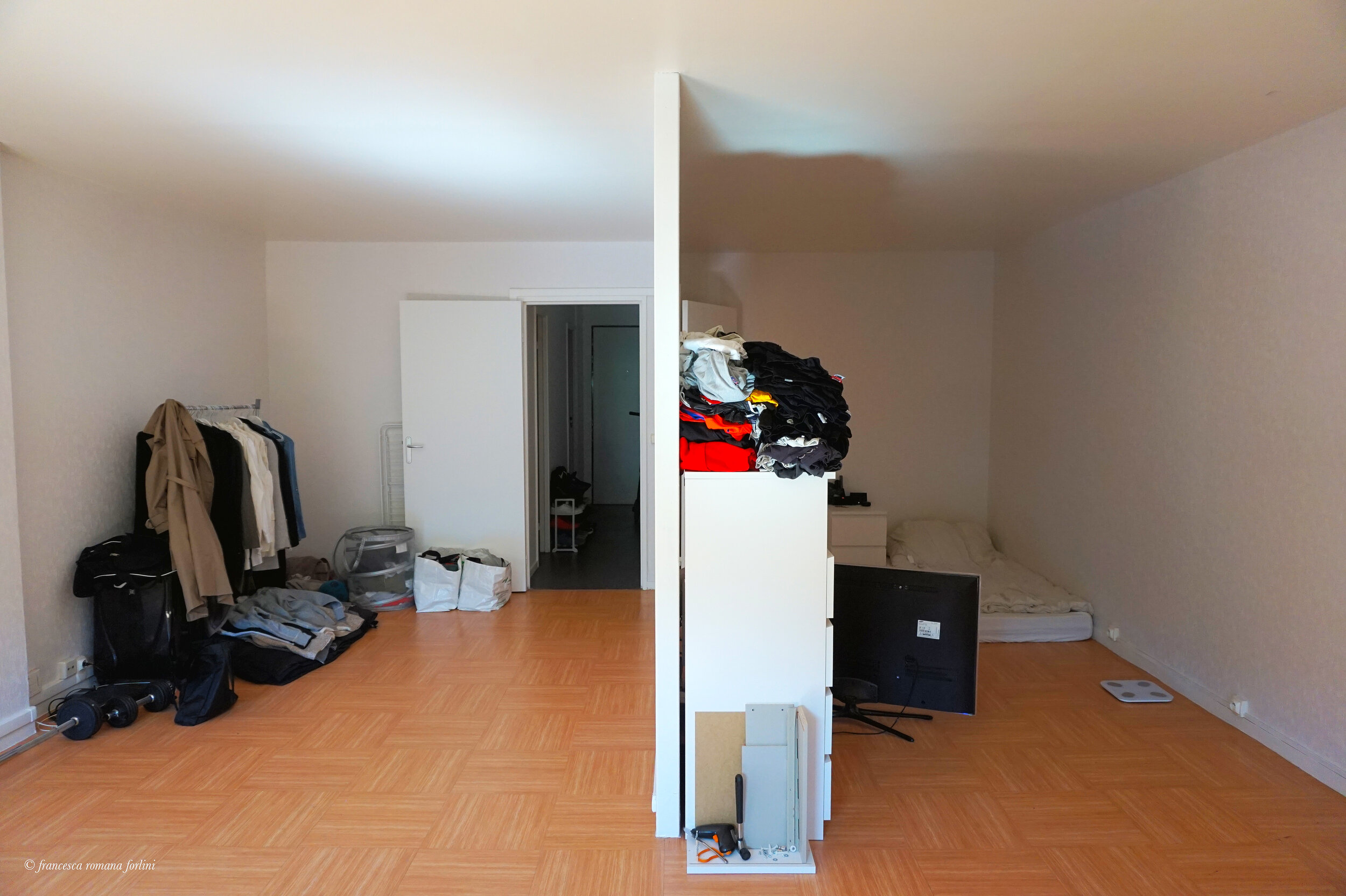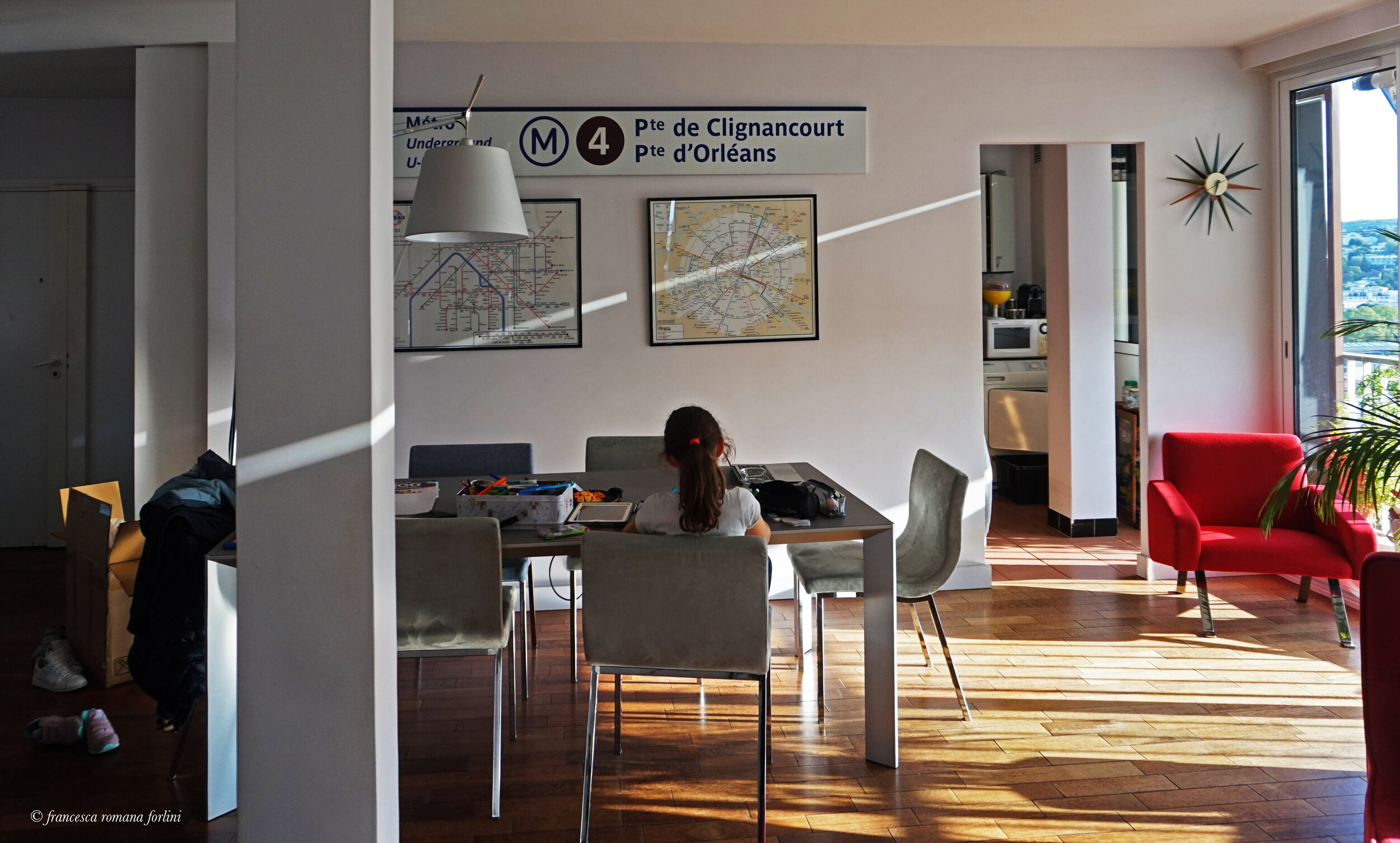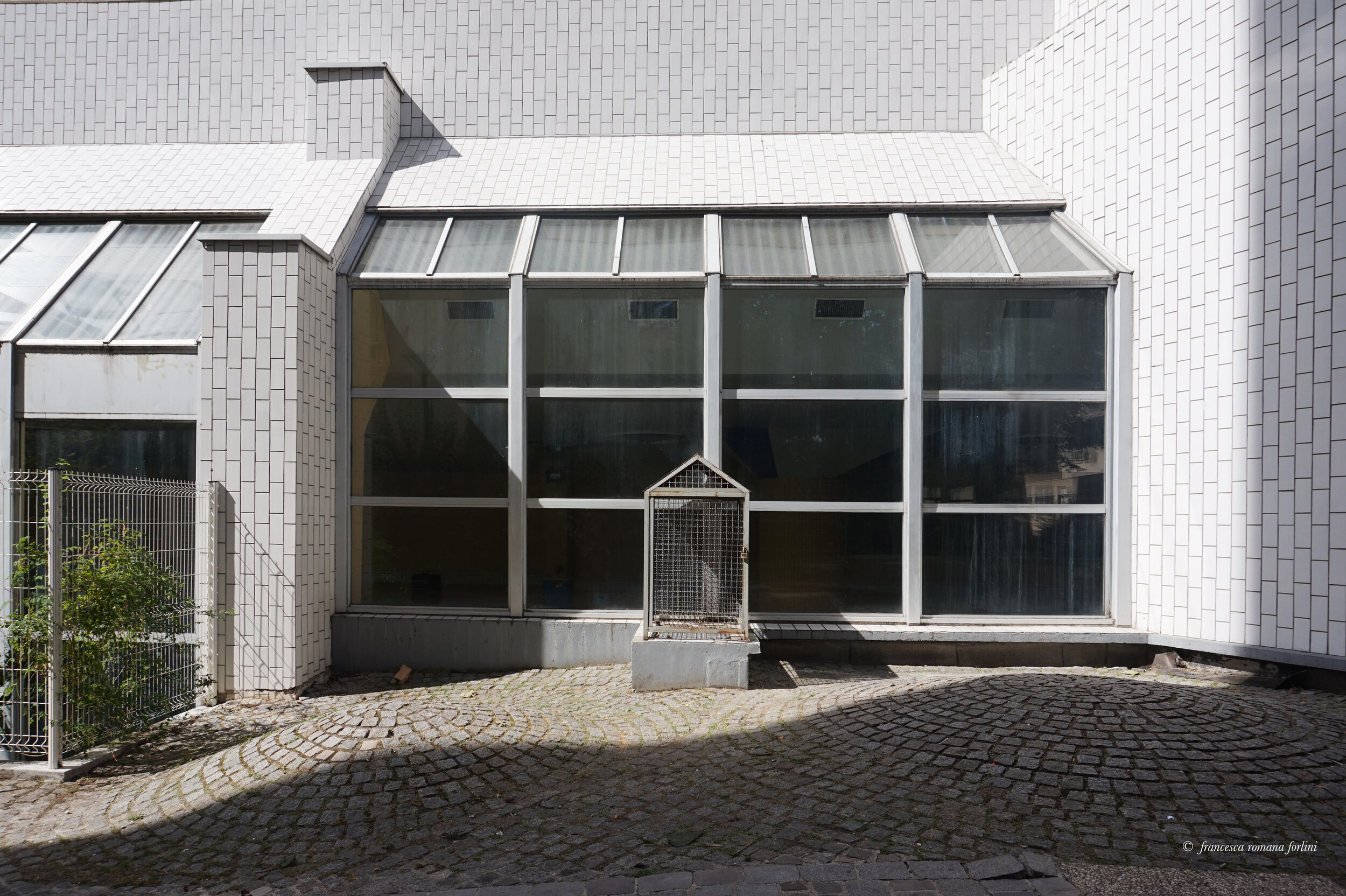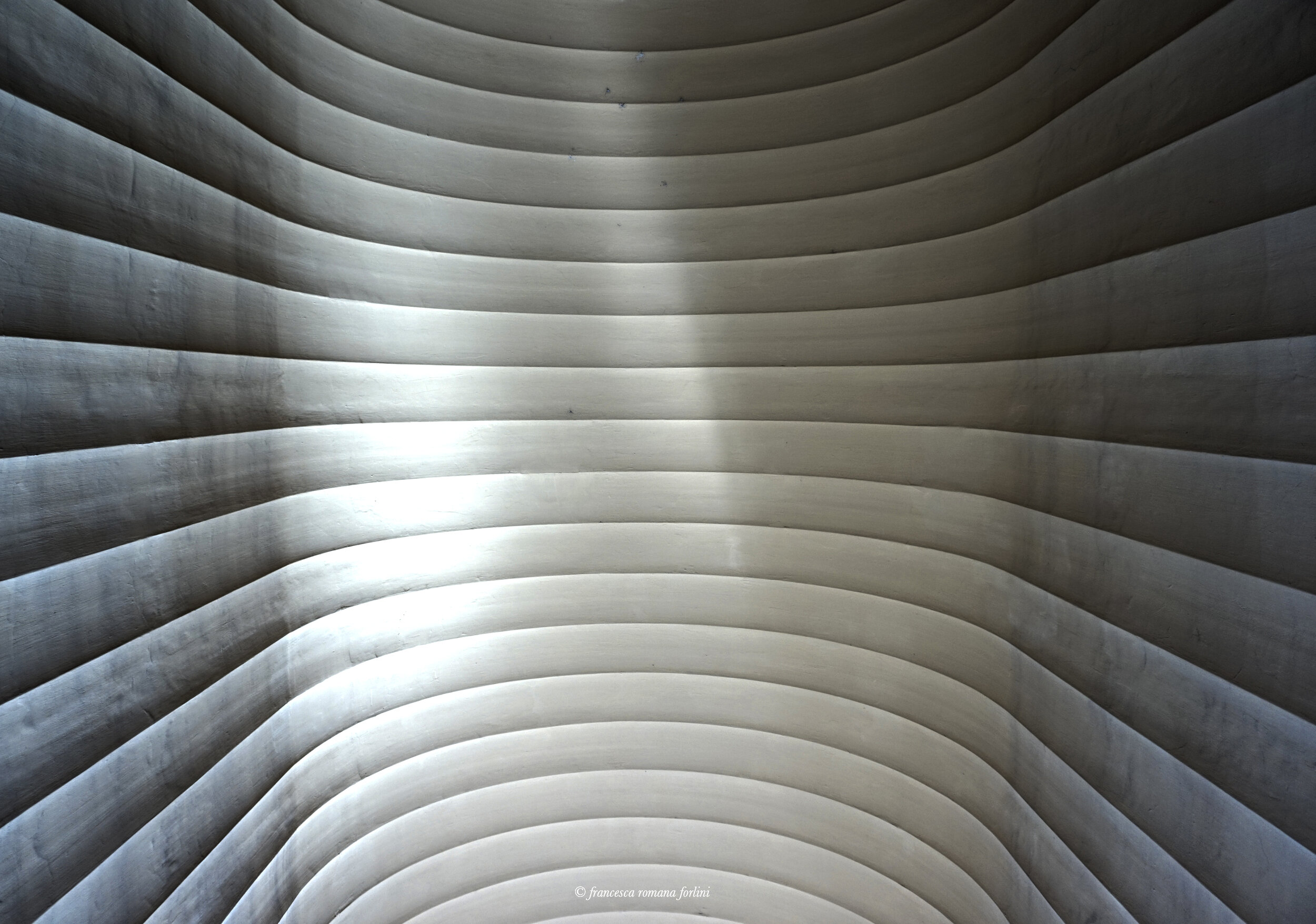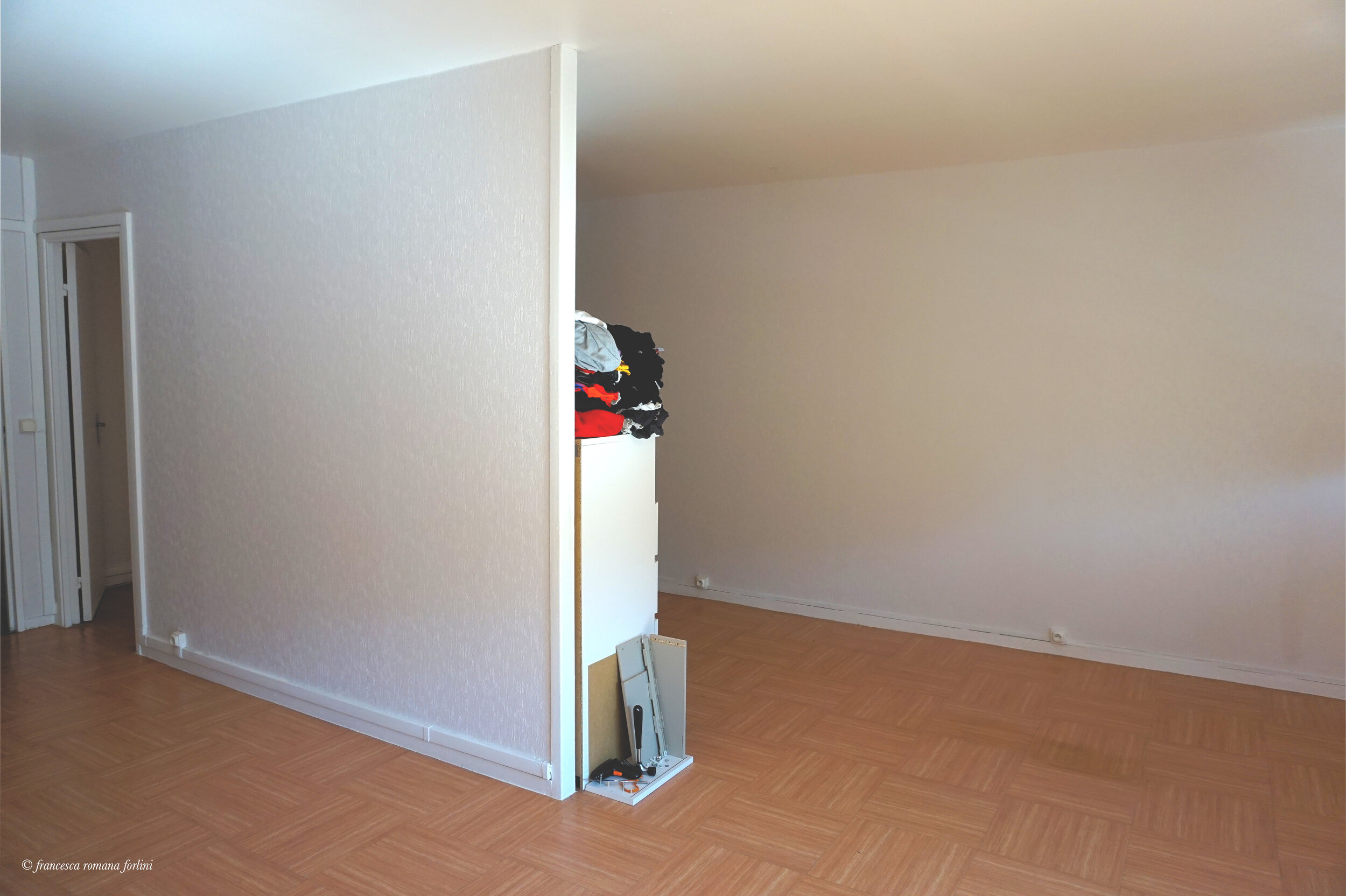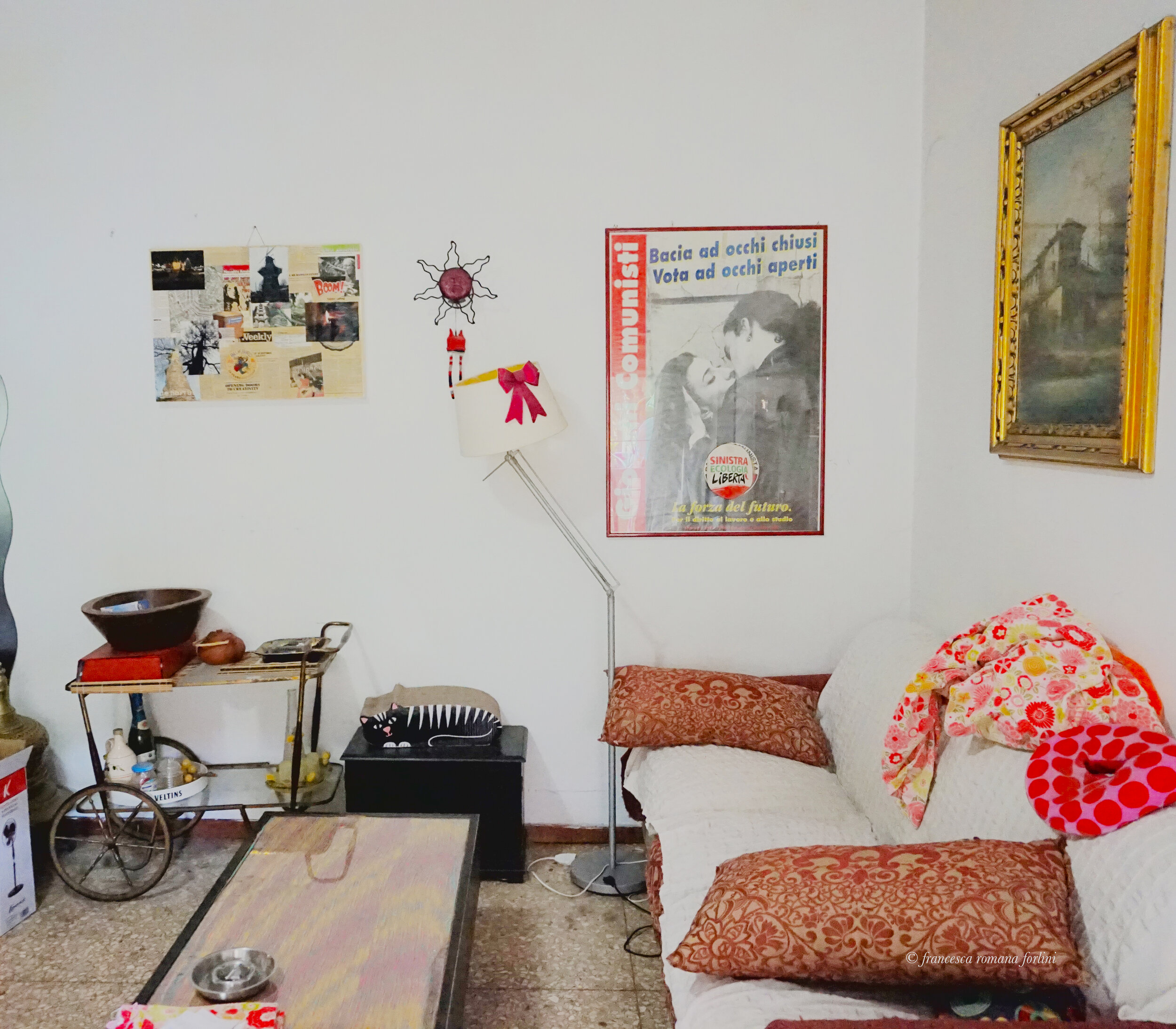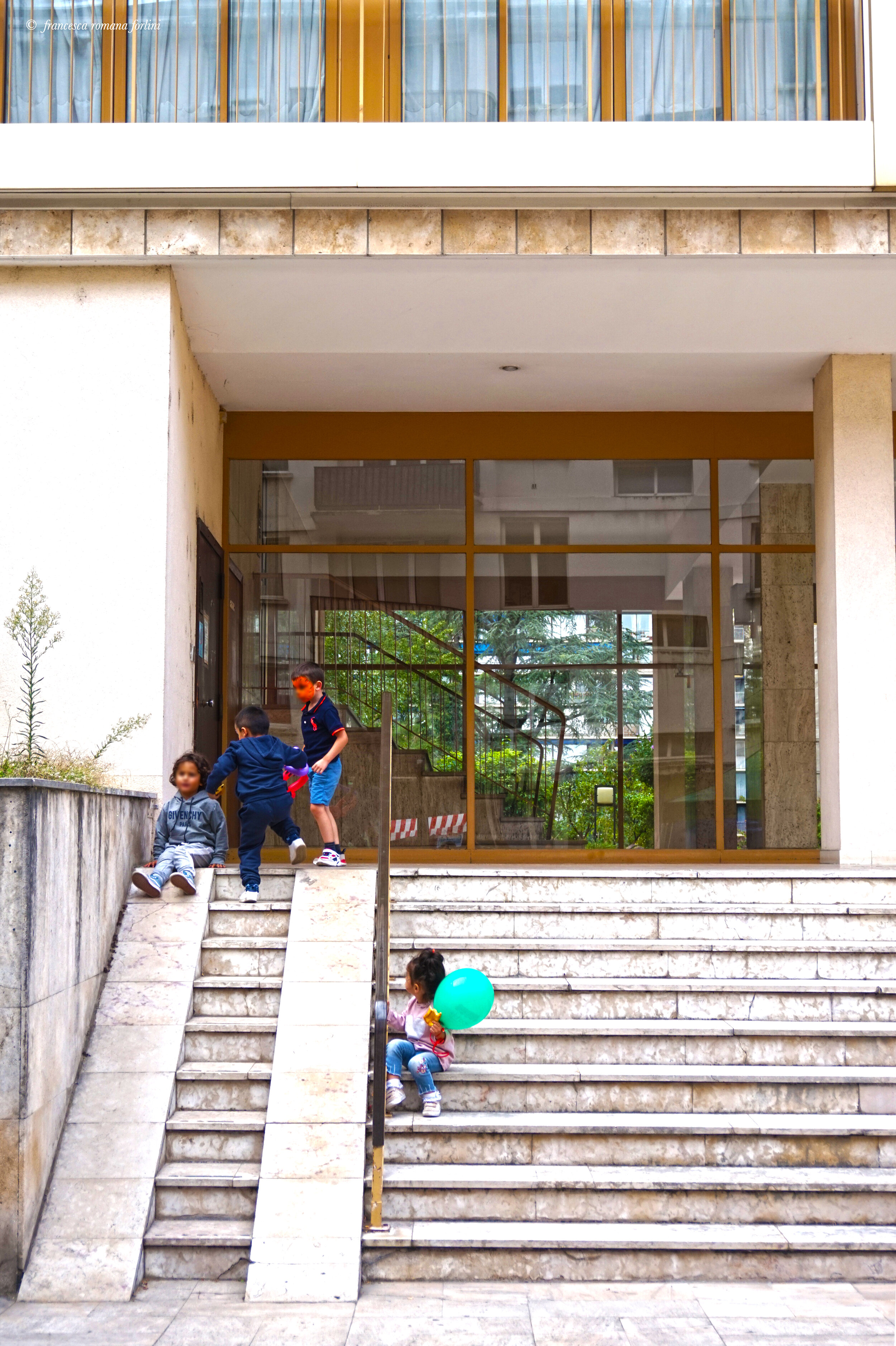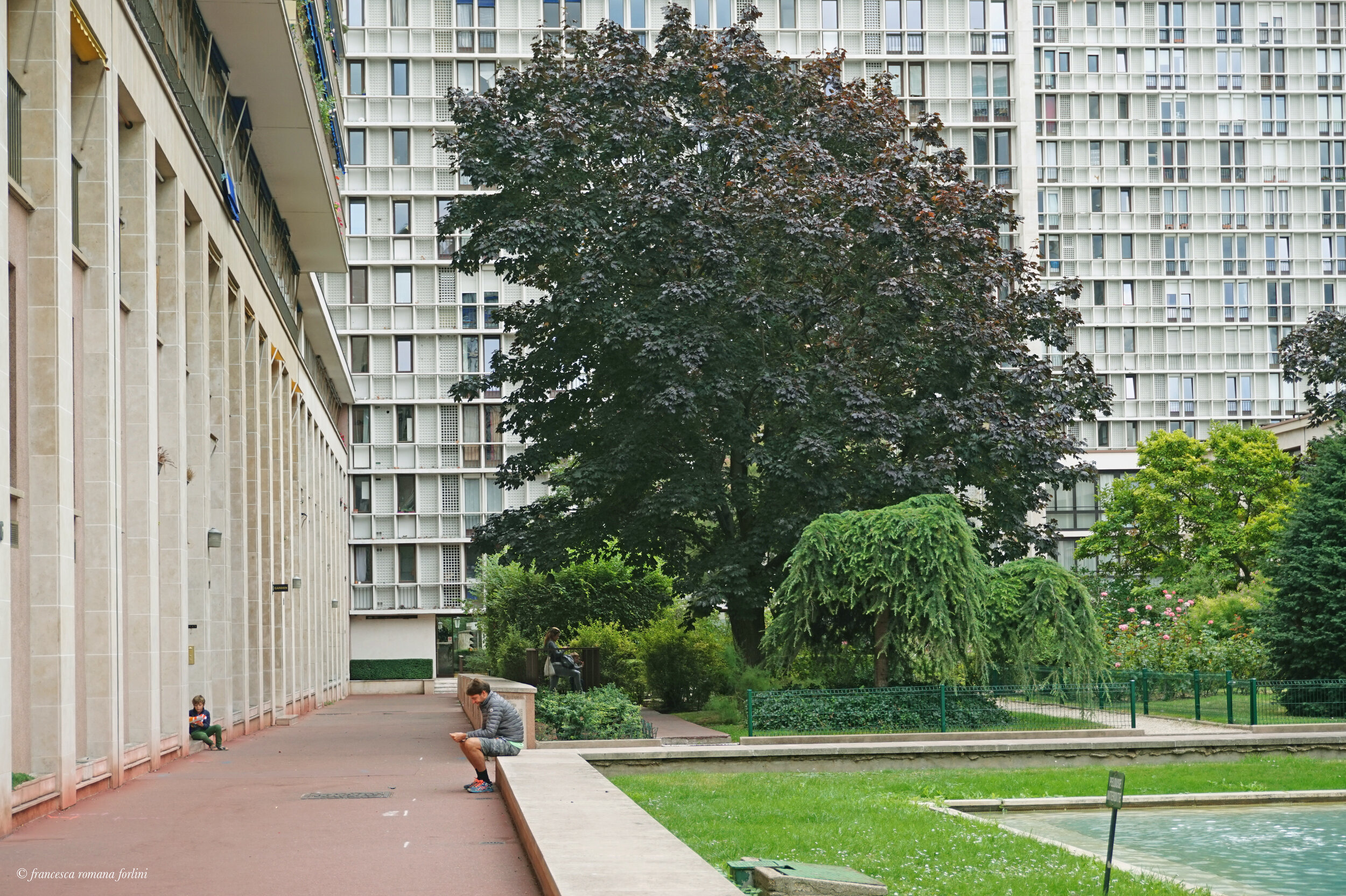From Within
From Within: Uncovering Cultural Domesticity
PhD in Architecture at the Royal College of Art, London
Supervisors: Adrian Lahoud, Sam Jacoby
From Within explores the intersecting processes of construction of the home, social and individual identities through domestic practices inside post-war housing. In specific, it examines the design and occupation of domestic spaces as crucial moments for the consolidation of subjectivities, beliefs and ideologies manifested through daily actions that are influenced by normative cultural systems. From the study of these residential complexes’ interiors today, a discrepancy clearly exists between their current state and the original intentions of architects. Thus, what guides individual inhabitation choices? What mechanisms sanctioned the break between the architects’ envisioned lifestyles reflected in the architectural plan and the inhabitants’ experience? This dissertation answers these questions by bringing forward a cultural understanding of the domestic based on both the spatial implications of inhabitation practices and the cultural factors that shape the design and use of domestic interiors. It ultimately provides a feminist theoretical framework for the study of the dynamics that determine the occupation and design of domestic interiors in architecture by bridging architectural theory, cultural sociology and gender studies. This study thus opens to a reading of contemporary domesticity based on the spatial analysis of cultural, social and gender dynamics that unfold inside the home.
This thesis’ methodology, based on Pierre Bourdieu’s social theory, clarifies the mechanisms of interpersonal transmission of tastes and behaviours that constitute enculturated practices that take place in the domestic realm. Feminist theory and criticism of the heteronormative and patriarchal foundations of Bourdieu’s theory will open to the representation and production of gender identities inside the home, along with the persistence of spatialized gender hierarchies within these spaces. By focusing on women’s lived experience, this research then looks at the consolidation of feminine domestic cultures and how they foster small-scale physical transformations of dwellings’ interiors through daily negotiations that define self-identity and interpersonal power relations. These dynamics are referred to as cultural domesticity. The latter frames this thesis’ investigation of housing interiors as cultural constructs, it also recognises the inhabitants’ daily actions and changes as active design processes. Cultural domesticity ultimately clarifies how cultural, social behaviours and architectural form relate. Indeed, contemporary domesticity and interiors are the result of a negotiation between normalizing forces and individual needs with clear material and spatial implications. As a result, housing design is seen as the outcome of normative cultural expectations that are in continuous tension with individual occupation.
Below a selection of photographs I took during my PhD fieldwork in Italy and France in the summer 2019.

